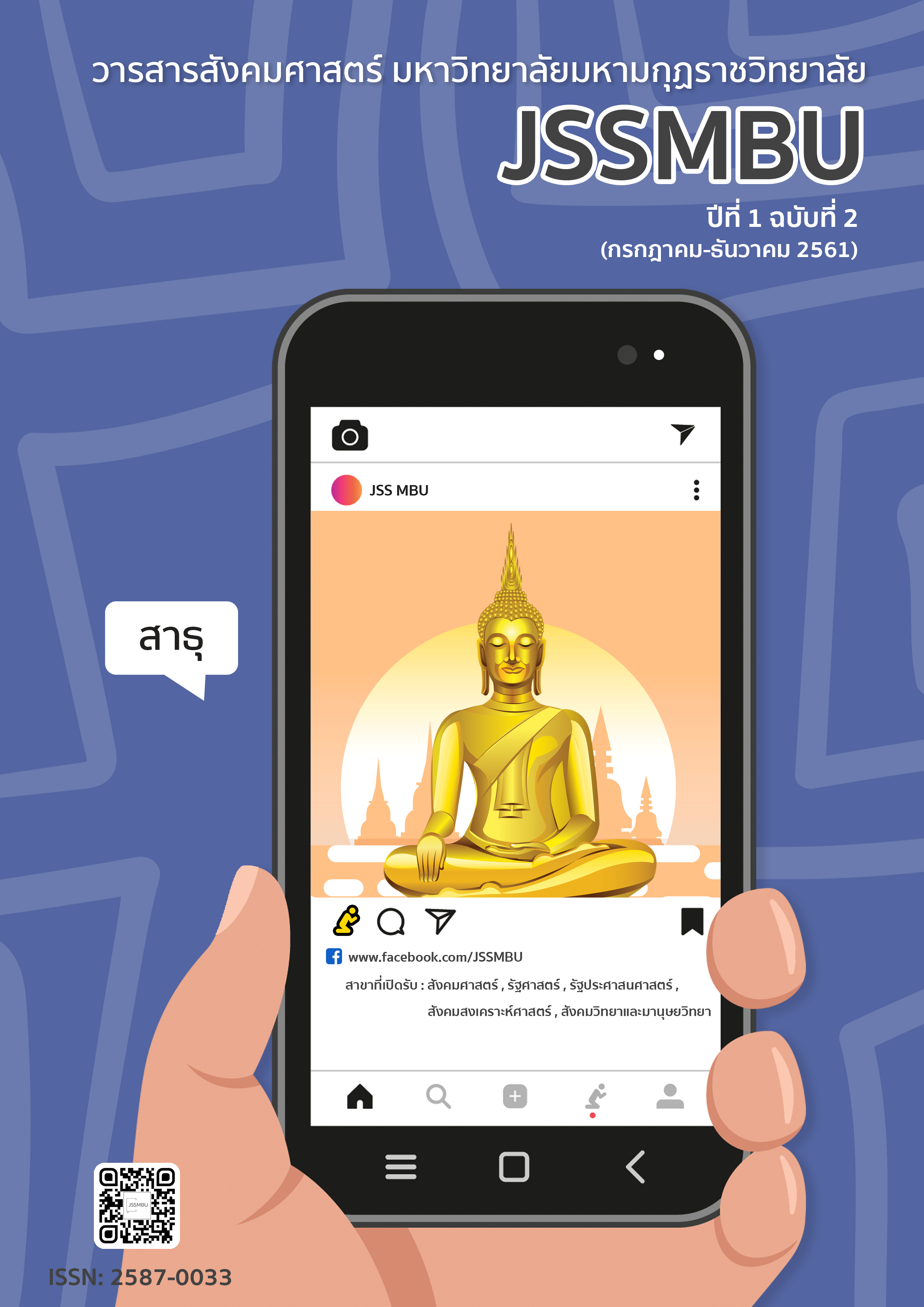Thai Buddhism for Indonesian Elites
บทคัดย่อ
This paper focuses on the Thai Dhammayutta missionary (TDM)’s accessibility to political power through the National Buddhist Federation (Walubi) of Indonesia in the 1970s. It questions how did the Thai missionary monks, as a foreign group, develop relationships with Indonesian politicians and elites? And how did the Indonesian political context of assimilation policy pave the way for that? It was found that the TDM members have been used to support Indonesian government as found in the Thai history, those monks work in Indonesia not as ordinary missionaries but in the name of the Thai bureaucrats who carry official passports and supported by the Thai government and monarchy. When assimilation policy was reinforced by Suharto in the 1970s, religious organizations were forced to respond the government policy. This ultimately caused many conflicts between Buddhist native monks and politicians. While other Buddhist organizations withdraw and/or were forced to withdraw from Walubi, Thai monks decided to support the dictatorial government, which finally opened an opportunity for Thai Buddhism to play a vital role in Walubi and become one of popular Buddhist orders in Indonesia nowadays





